The University of Göttingen is an internationally renowned research university. Founded in 1737 in the Age of Enlightenment, the University is committed to the values of social responsibility of science, democracy, tolerance and justice. It offers a comprehensive range of subjects across 13 faculties: in the natural sciences, humanities, social sciences and medicine. With about 28,000 students and more than 210 degree programmes, the University is one of the largest in Germany.
New press releases
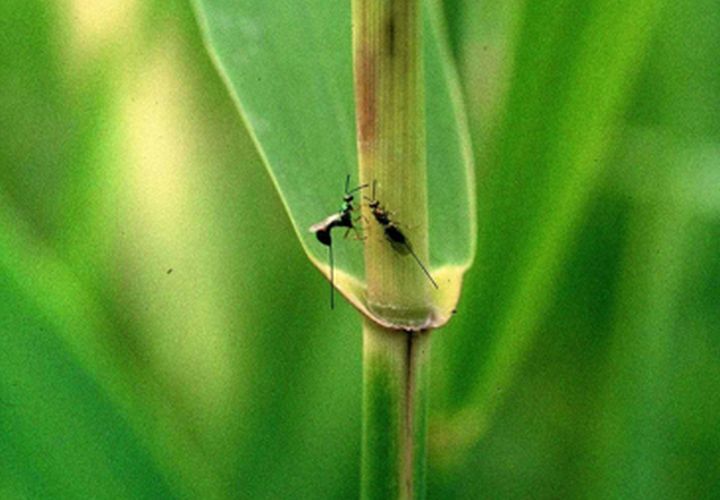
Hidden insect diversity in grass shoots threatened by mowing
When it comes to biodiversity, it's easy to focus on just large-scale patterns. This overlooks a hidden but precious diversity: small, inconspicuous wasps, midges, flies, beetles and other insects that live in plants. These tiny creatures are actually very common.The researchers studied insects in over 23,000 shoots of grass. They found 255 species of insects.This means areas in grassland should not be mown for several years: stable insect populations need undisturbed refuges with intact shoots of grass.
more…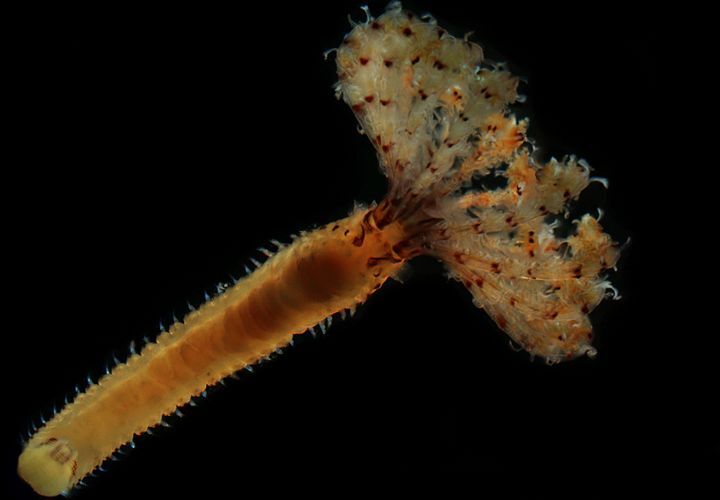
Treasure trove of data on worms in Europe's seas
Species are disappearing at an alarming rate worldwide. Little-studied groups, including many marine worms, are particularly affected. In fact, species are threatened with extinction before they have even been scientifically described! Researchers are building a comprehensive dataset on European “marine annelids” – segmented sea worms – and plan to make it openly accessible for international research.
more…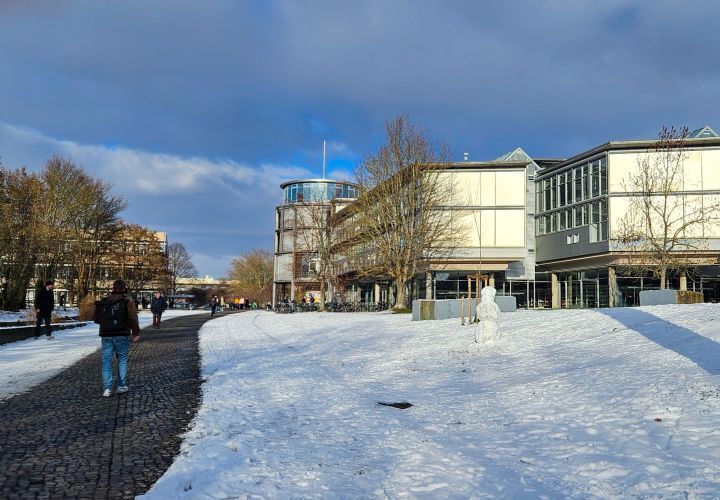
Shortened opening hours at the Central Library from Saturday, 7 February 2026
From Saturday, 7 February 2026, the Central Library will close at 18:00. Because of the failure of the emergency lighting, the escape routes are not adequately lit after dark and the safety of users cannot be guaranteed. The repairs are expected to be completed in about two weeks. Alternative study locations are available in the divisional libraries, the LSG and the Verfügungsgebäude (VG).
more…
Good marks for academic subjects!
In the current subject ranking by Times Higher Education (THE), Göttingen University is among the top ten in Germany in four major subject areas and appears twice in the top 100 worldwide. The University was placed fourth in Germany in the Life Sciences and 60th worldwide. It was placed sixth in Germany in the Physical Sciences. It also appeared in the top ten rankings in Germany in Law and in the subject area of the Arts and Humanities.
more…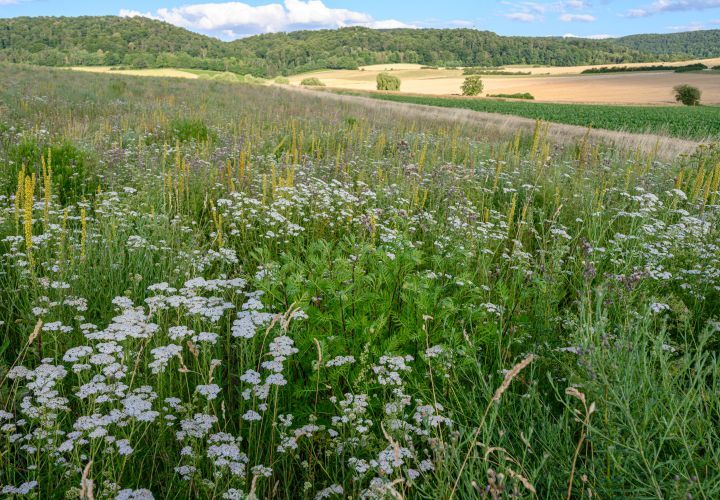
Restoring the web of life in farmland
Dr Elena Velado-Alonso at the University of Göttingen has been awarded a Marie Skłodowska-Curie Actions (MSCA) Postdoctoral Fellowship. The new project will investigate how environmental schemes can better sustain the web of life in farmland: pollinator communities and the interactions that underpin plant reproduction and crop yields. The project, called METAGROLAND, will develop tools to guide the design of more effective, large-scale schemes and build more resilient agricultural ecosystems.
more…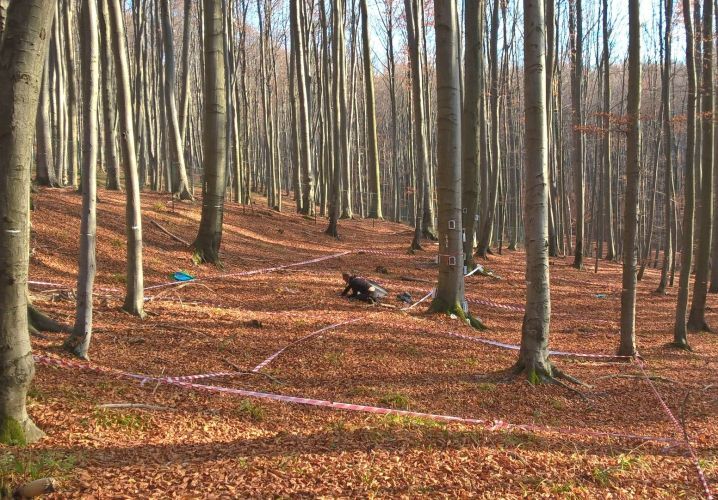
Forest soils increasingly extract methane from atmosphere
Forest soils have an important role in protecting our climate: they remove large quantities of methane – a powerful greenhouse gas – from our atmosphere. Researchers evaluated the world's most comprehensive data set on methane uptake by forest soils. Based on measurements taken at 13 forest plots in south-western Germany over periods of up to 24 years, they discovered that under certain climate conditions, their capacity to absorb methane actually increases.
more…




















